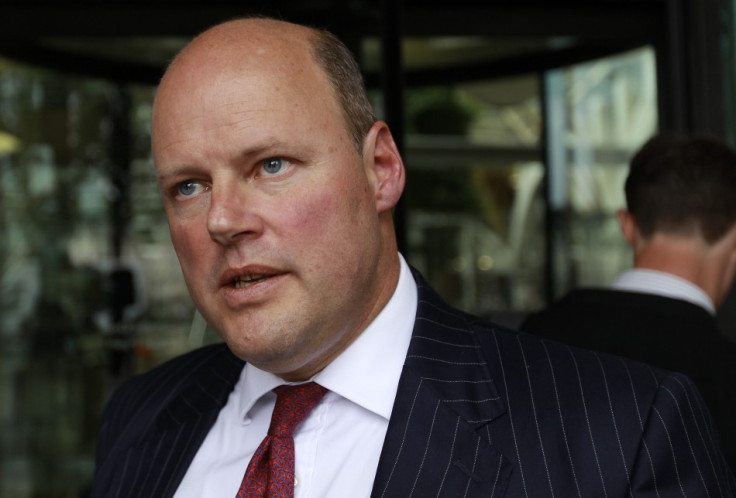Victory for Ed Miliband as RBS Chief Stephen Hester Forfeits £1m Bonus

The chief executive of the Royal Bank of Scotland (RBS) has succumbed to pressure and agreed to give up his bonus payment of almost £1m.
Stephen Hester decided to sacrifice the award of 3.6 million shares, worth about £960,000, after a weekend of intense scrutiny and a threat by Labour to force a Commons vote on the controversial award.
Ministers welcomed the decision, which may help contain the coalition's growing political embarrassment over executive pay at state-owned banks.
Labour leader Ed Miliband said Stephen Hester had "done the right thing".
"Labour was right to seek a parliamentary vote on this so that the people's voice could be heard. But the debate about fair executive pay and responsible capitalism is only just beginning. We need a government that will tax bankers' bonuses and bring responsibility to the boardroom."
Hester arrived at his decision while on holiday in Switzerland after it became clear that the political row would not die down.
It is understood Hester's pay was too much of a distraction to the running of the bank. Although the government owns 82 percent of RBS, it remains a public company run by an independent board of directors.
Hester stepped in to run the bank after it was bailed out by taxpayers in October 2008. The taxpayers' share is now valued at around half the £45bn it was worth when it was bailed out.
While Hester has decided to forfeit his bonus, which would have been granted to him on top of his £1.2m salary, it does not prevent him from receiving other multimillion-pound awards of shares through long-term performance plans.
His total package is due to be formally announced in March and could still amount to £8m.
The incident has raised questions about the way RBS is run - at "arm's length" from the taxpayer through UK Financial Investments, which was set up by the government in 2008 to manage its shareholding in banks.
Scotland's first minister, Alex Salmond, said while Hester's move was a welcome development, these circumstances should not be left to individual decisions.
"They must be a matter of public policy," he said. "The sustaining of public services, and therefore economic recovery, requires pay restraint across the public sector.
"How can that be maintained against the background of huge bonuses being paid in organisations which are still within the public sector? This blatant inequality thus threatens economic recovery."
The timing of the bonus announcement coincided with a move by the coalition to announce a crackdown on executive pay by giving shareholders more power to vote on pay deals.
Labour's shadow business secretary, Chuka Umunna, told City A.M. that the government's relationship with state-owned banks needs to be re-examined.
"Whether we like it or not, RBS is looked upon differently because it wouldn't exist if the taxpayer hadn't bailed it out.
"The government has said shareholders should take more of an interest when it comes to setting executive pay. It is not unreasonable to expect the government to set an example as the biggest shareholder in RBS."
© Copyright IBTimes 2025. All rights reserved.





















